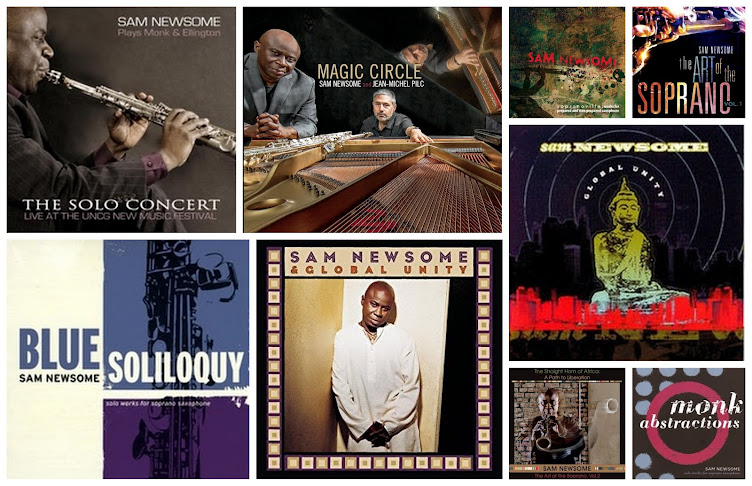Most of my Zen-like tweets were inspired by musical and career issues that I'm thinking about. These are not always things that I'm personally dealing with. In some cases, they are inspired by conversations had with students and other musicians. The one below is different because it's a riff on the Zen parable Moving to a City.
Moving to a New City
A person was coming to a new village, relocating, and he was wondering if he would like it there, so he went to the Zen master and asked: do you think I will like it in this village? Are the people friendly?
The master asked back: How were the people in the town where you come from? “They were nasty and greedy, they were angry and lived for cheating and stealing,” said the newcomer. Those are precisely the type of people we have in this village, said the master.
Another newcomer to the village visited the master and asked the same question. To which the master asked: How were the people in the town where you come from? “They were sweet and lived in harmony, they cared for one another and for the land, they respected each other, and they were seekers of spirit,” he replied. Those are precisely the type of people we have in this village, said the master.
Now, let's do some unpacking!
This parable speaks to the simple idea that situations are what we make them. A picture-perfect scenario can merely be a state of mind. Some naturally see possibilities, others are programmed to only see obstacles.
In the early nineties, as a young whippersnapper trying to make it in the big city, I had the good fortune of running into James Moody at Sam Ash on West 46th Street. We struck up a very inspiring conversation.
First off, you might be wondering why a jazz legend like James Moody would strike up a conversation with a wet-behind-the-ears, recent Berklee graduate. Well, several months prior, we actually played together. Regrettably, it was a one-off, never to present itself again. Not during a public performance, anyways.
Almost one month after graduation, I started touring with trumpeter Donald Byrd, and our first stop was New York City. The Hudson River, more specifically. We performed on the NYC Jazz Cruise, and James Moody was the special guest with Byrd’s quintet. During four choruses of “Rhythm Changes,” Moody gave me a crash course on how to play the saxophone and how to play jazz. And little did I know, a more profound lesson was soon to follow.
When I bumped into him months later at Sam Ash, he actually remembered meeting and playing together.
Our conversation went something like this:
Moody: Hey, man, how’s it going?
Me: It’s OK.
Moody: Have you been working?
Me: Not so much.
Moody: Why not?
Me: No one’s been calling.
Moody: Have you tried booking your own gigs?
Me: Not really.
Moody: How come?
Me: I don’t have a demo.
Moody: Do you have a tape recorder?
Me: Yes.
Moody: Do you have a rhythm section you like to work with.
Me. I do.
Moody: Do this. Call up three or four cats you like to work with; rehearse a couple of times; record four or five tunes you like; take the tape around to these different clubs and restaurants and get some gigs. And if they don’t have music, offer music!
Hearing how he automatically went into problem-solving mode was very eye-opening. Back then, I walked conjoined with Mr. Victim Mentality like he was my Siamese twin. Moody, by merely being himself, enlightened me on the importance of personal responsibility. A lesson that has become the centerpiece of my very existence.
Back to the Zen parable. Here's what I took away: we see what we want to see. As I sometimes like to put it: how we’ve programmed ourselves to see. I prefer the word “program” because it does allow hope to peek from behind its mother’s dress. If something can be programmed, then it can be deprogrammed. In many cases, who we are and where we are in life is simply a choice or state of mind.
"There I go, there I go, there I go. There I go..."







No comments:
Post a Comment